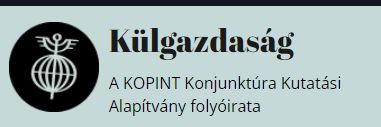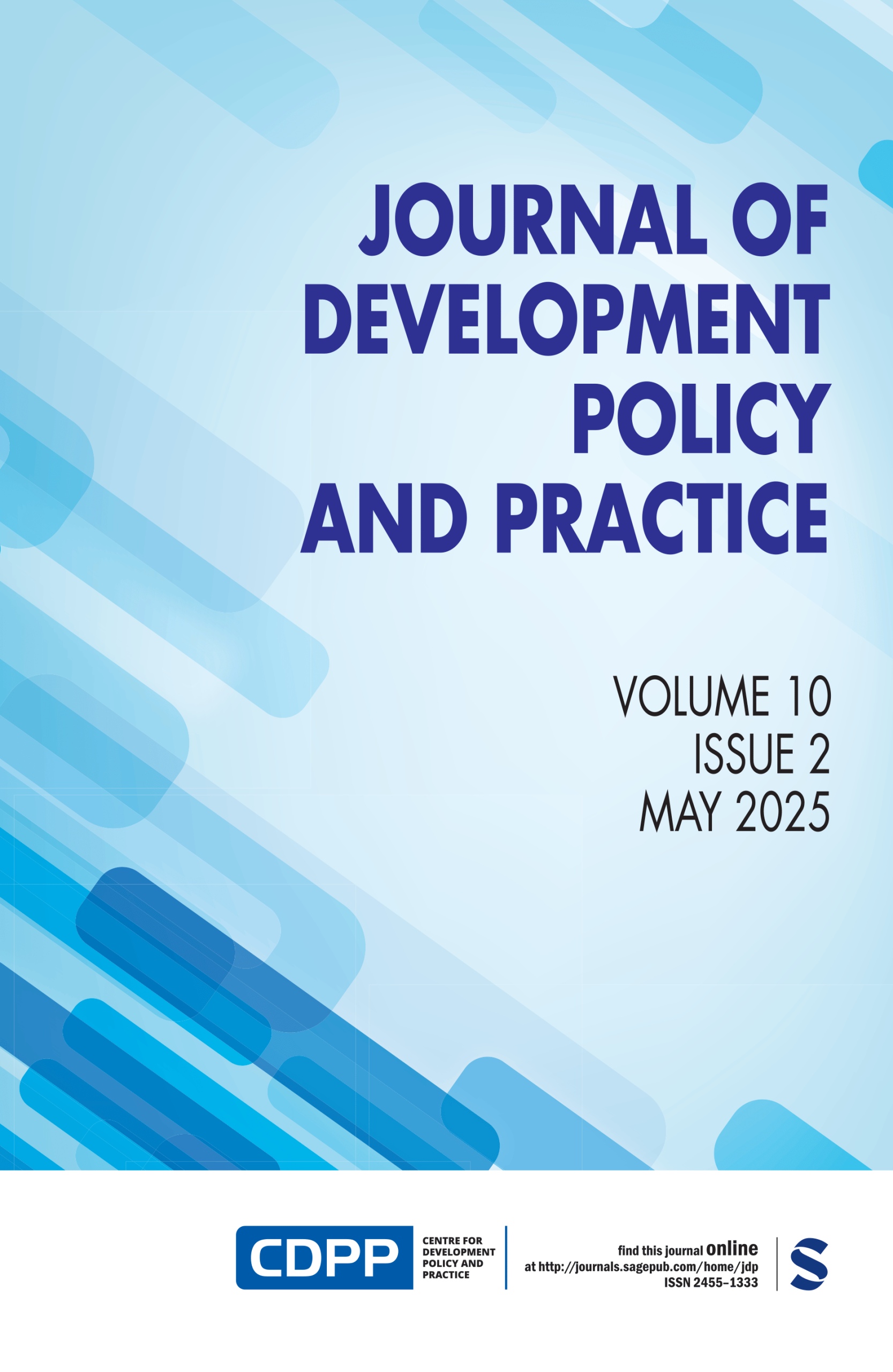Az előadásra hibrid formában kerül sor zoom felületen, illetve személyesen a K.11-12 terem; 2024.06.06-án, 13.00 órától.
Előadó: Christian Ochsner
Title: Progress without us! 1918-influenza mortality and the shift in health related statements and behavior
Abstract: How do adverse health-shocks affect communities and families in respect to their health-behavior and health-policy statements? To answer this question, we link individual death-register data on the 1918 influenza to the political support of compulsory vaccination and to community and individual vaccination behavior before and after the 1918 influenza. We use a setting that allows us to measure behavior and statements around 1918: The popular vote system in Switzerland and detailed lists of local smallpox vaccination campaigns from 1907 to 1933. We find that higher flu mortality reduces both the political support for compulsory vaccination and the use of the most effective health-technology during this time, while pre-flu health measures are not correlated with flu mortality. An analysis of all popular votes around this time reveals that communities with high flu mortality became more skeptical towards healthcare, technology and education reforms, while perception toward economic freedom surged. Our results shed novel insight on the public reaction caused by to most deathly pandemic in recent centuries and show determinants of health-policy and health-technology skepticism. We conclude that health shocks cause regress rather than progress in health policy and technology.
Bio: Christian Ochsner is an Assistant Professor at CERGE-EI and a Research Associate at SIAW-University of St. Gallen. Christian published his research in The Economic Journal and the American Economic Journal: Applied Economics. He would like to better understand how critical moments in history shape socio-economic trajectories and still matter today. His research is at the border areas of development economics, political economy, and cultural economy. His latest research examines the role of new technologies and the origin of gender norms.









